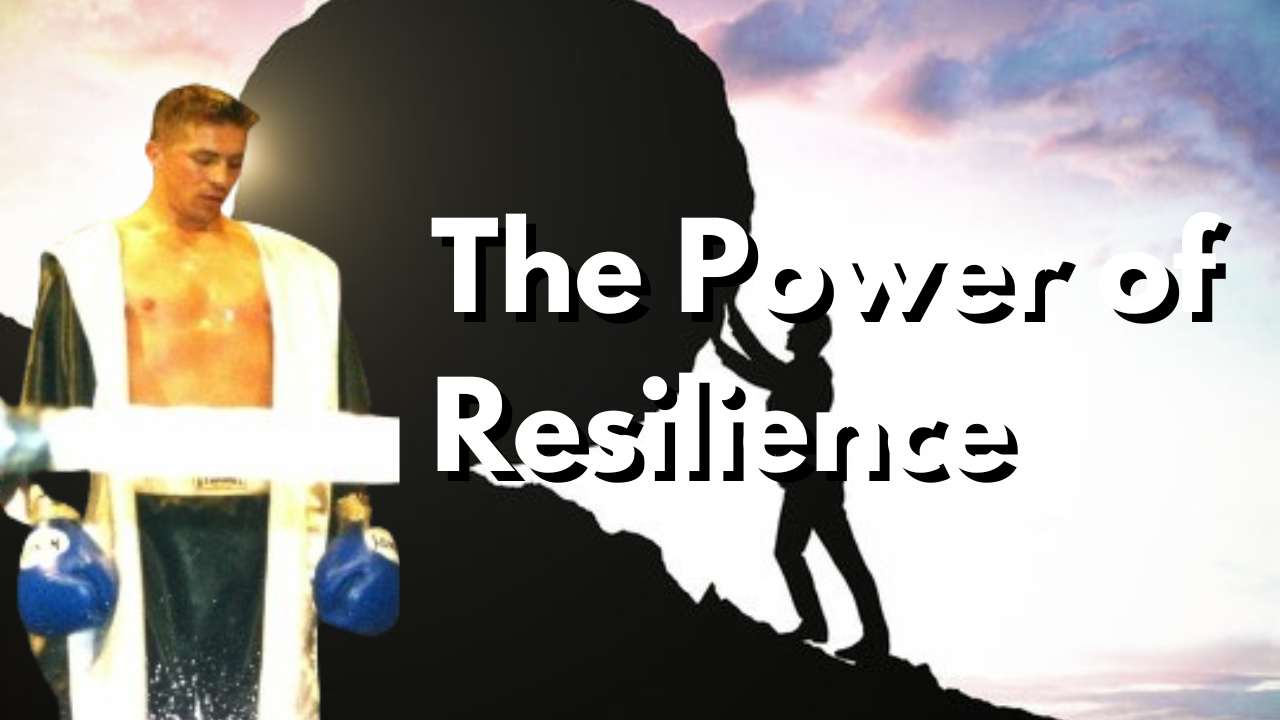
Introduction: Resilience is the ability to bounce back from setbacks, adapt to change, and thrive in the face of adversity. It’s a quality that enables individuals to persevere through difficult times, maintain a positive outlook, and emerge stronger than before. In today’s fast-paced and unpredictable world, resilience has never been more important. In this blog post, we’ll explore the power of resilience, discuss strategies for building mental toughness, and examine how cultivating resilience can help you overcome challenges and achieve success in all aspects of life.
Understanding Resilience: Resilience is not about avoiding adversity or experiencing hardship. Instead, it’s about how you respond to and bounce back from challenges when they arise. Resilient individuals are able to maintain a sense of perspective, stay focused on their goals, and keep moving forward in the face of setbacks. They view challenges as opportunities for growth and learning, rather than insurmountable obstacles. By cultivating resilience, you can build the mental toughness needed to navigate life’s ups and downs with grace and resilience.
The Benefits of Resilience: Resilience offers a wide range of benefits that can positively impact all areas of your life. Firstly, resilient individuals are better equipped to cope with stress and adversity, leading to improved mental and emotional well-being. They exhibit greater optimism, self-confidence, and self-efficacy, which allows them to approach challenges with a sense of empowerment and resourcefulness. Additionally, resilience fosters perseverance and determination, enabling individuals to stay focused on their goals and pursue them with unwavering dedication. Ultimately, resilient individuals are better positioned to achieve success and fulfillment in their personal and professional lives.

Strategies for Building Resilience:
- Cultivate a Growth Mindset: A growth mindset is the belief that your abilities and intelligence can be developed through effort and perseverance. Embracing a growth mindset allows you to view challenges as opportunities for growth and learning, rather than setbacks. Practice reframing negative thoughts and self-limiting beliefs into positive affirmations that reinforce your ability to overcome obstacles and achieve your goals.
- Develop Coping Skills: Developing effective coping skills is essential for building resilience. Identify healthy coping mechanisms that work for you, such as exercise, mindfulness, journaling, or spending time in nature. These activities can help you manage stress, regulate your emotions, and maintain a sense of balance and well-being during challenging times.
- Build a Support Network: Having a strong support network is crucial for building resilience. Surround yourself with friends, family members, mentors, and other trusted individuals who can provide encouragement, guidance, and emotional support when you need it most. Lean on your support network during difficult times, and don’t hesitate to reach out for help when you need it.
- Practice Self-Compassion: Self-compassion involves treating yourself with kindness, understanding, and empathy, especially during times of difficulty or failure. Practice self-compassion by acknowledging your feelings and experiences without judgment, and treating yourself with the same compassion and understanding that you would offer to a friend in a similar situation.
- Set Realistic Goals: Setting realistic and achievable goals is essential for building resilience. Break larger goals down into smaller, manageable steps, and celebrate your progress along the way. By setting realistic goals and taking incremental steps towards achieving them, you can build confidence, momentum, and resilience over time.
- Embrace Change and Adaptability: Life is full of unexpected twists and turns, and learning to adapt to change is essential for building resilience. Embrace change as a natural part of life, and focus on what you can control rather than dwelling on what you can’t. Cultivate a mindset of flexibility and adaptability, and approach new challenges with curiosity and open-mindedness.
- Practice Gratitude: Practicing gratitude involves cultivating a sense of appreciation for the positive aspects of your life, even in the midst of challenges. Take time each day to reflect on the things you’re grateful for, whether it’s your health, relationships, accomplishments, or simple pleasures. Cultivating an attitude of gratitude can help shift your perspective and build resilience in the face of adversity.
Conclusion: Resilience is a powerful quality that enables individuals to overcome challenges, adapt to change, and thrive in the face of adversity. By cultivating resilience through a growth mindset, coping skills, a strong support network, self-compassion, realistic goal-setting, adaptability, and gratitude, you can build the mental toughness needed to navigate life’s ups and downs with grace and resilience. Remember that resilience is a skill that can be developed and strengthened over time, and that setbacks and challenges are opportunities for growth and learning. With resilience as your foundation, you can face life’s challenges with confidence, courage, and determination, and emerge stronger and more resilient than ever before.

